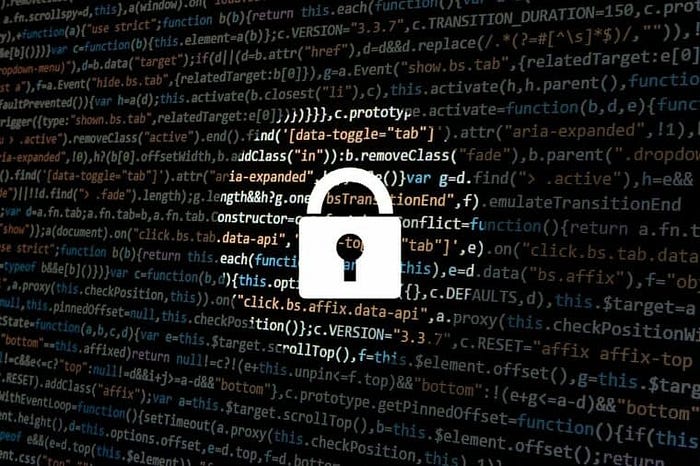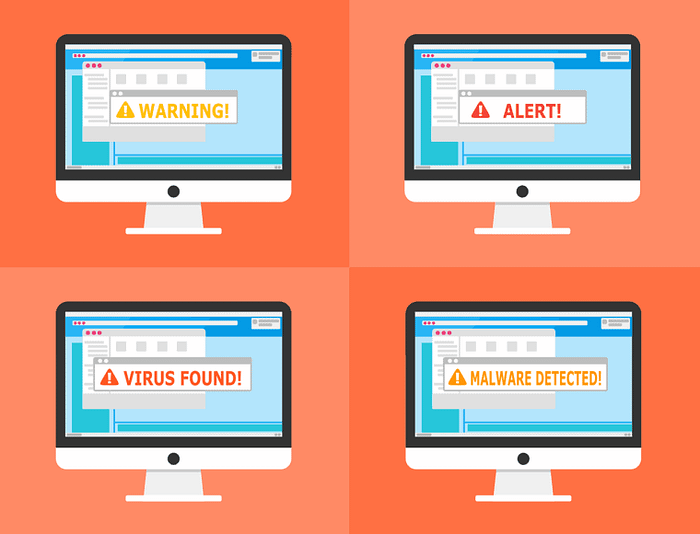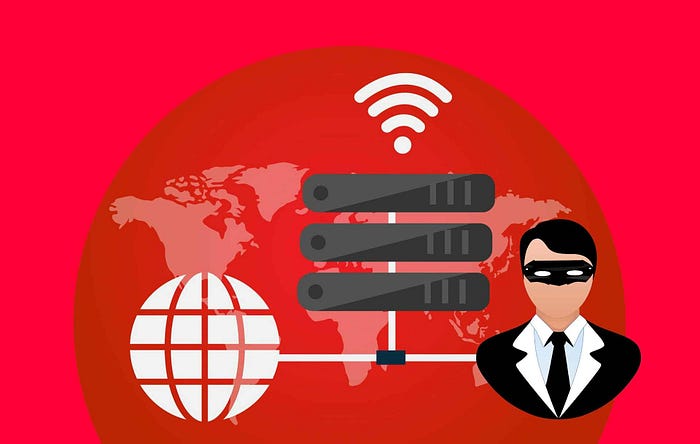
Your data tells a story about you. It reflects your habits, preferences, and behaviors. When this information is collected, stored, or shared without your consent, it can lead to risks such as identity theft, scams, and unauthorized tracking.
Privacy is more than just a security concern. It is about control. It means deciding what to share, who can access your data, and how it is used. Taking small steps to strengthen your privacy settings can help you regain that control and feel safer online.
You do not need to be a technology expert to improve your online privacy. A few simple habits can make a big difference:
- Review your privacy settings. Check your apps, devices, and social media accounts to see what information they collect. Turn off permissions that are not necessary.

- Use strong passwords. Create unique passwords for each account and consider using a password manager to keep them secure.

- Enable two-factor authentication. This adds an extra step that keeps your accounts safe even if someone learns your password.
- Be mindful of what you share. Avoid posting personal details like your location, birthday, or home address publicly.

- Use secure connections. Avoid using public Wi-Fi for online banking or sensitive tasks. If you need to connect, use a Virtual Private Network (VPN). These small changes may seem simple, but together they can greatly reduce your exposure to data misuse.

The same technology that collects information can also help protect it. Many modern devices and applications now include privacy-focused features.
Browsers such as Firefox and Brave automatically block trackers. Search engines like DuckDuckGo avoid storing search histories. Encrypted messaging apps such as Signal and WhatsApp keep conversations private. Even keeping your software updated helps close security gaps that hackers often exploit.
By taking advantage of these built-in tools, you can stay connected without giving up your privacy.
Online privacy is not a one-time setup but an ongoing habit. Make it a routine to check your settings, update your passwords, and stay informed about new security threats. Question why an app asks for access to certain features and only shares what is necessary.
Developing a privacy-first mindset helps you become more aware of your digital footprint and gives you confidence in how you use technology. Your online privacy matters because your personal information matters. With a few thoughtful changes, you can protect your data, reduce your risk, and take back control of your digital life.
Being online should feel safe and empowering. By staying informed, cautious, and proactive, you can enjoy the benefits of technology while keeping your personal information private and secure.
 Like
2
Like
2
 Dislike
0
Dislike
0
 Love
1
Love
1
 Funny
0
Funny
0
 Angry
0
Angry
0
 Sad
0
Sad
0
 Wow
0
Wow
0